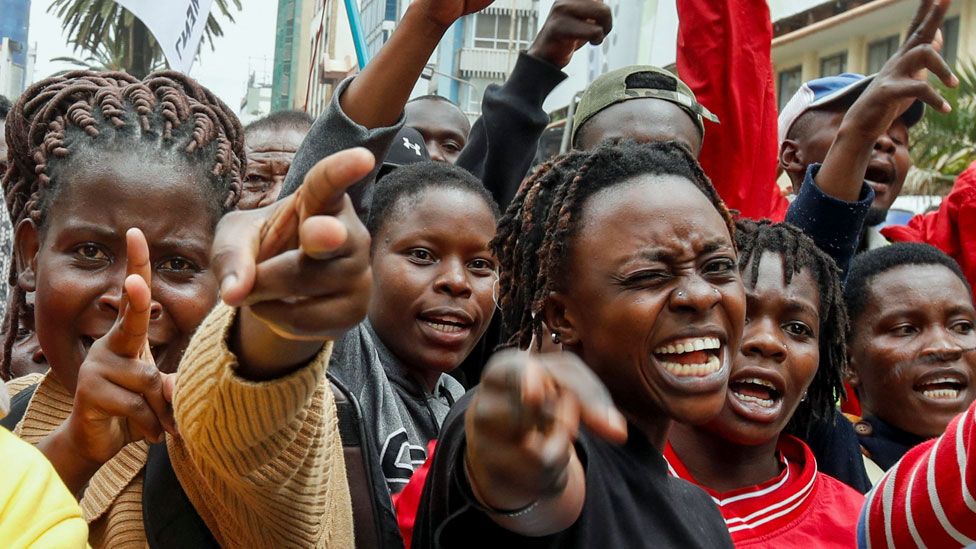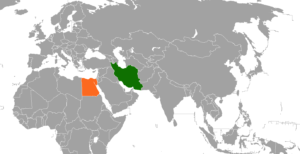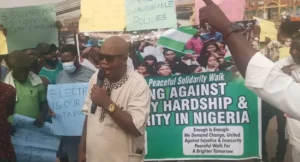In recent months, a wave of protests has swept through East Africa, ignited by the passionate activism of Generation Z in Kenya. What began as a response to economic hardship and government policies has evolved into a broader movement that resonates across borders, inspiring similar actions in Uganda and Nigeria. This article explores the connections between these protests, the underlying economic and social issues, and the hopeful message of change that is emerging from this chain reaction.
The Catalyst: Kenya’s Gen Z Protests
In Kenya, the protests erupted in June 2024 in response to the government’s proposed Finance Bill, which included significant tax increases on essential goods. Young people, particularly from Generation Z, took to the streets, utilizing social media to organize and amplify their voices. This generation, characterized by its tech-savviness and desire for change, quickly mobilized around hashtags like #RejectFinanceBill2024 and #RutoMustGo, demanding accountability and better governance.
The protests were marked by a vibrant display of creativity and determination. Protesters used digital platforms to share videos, memes, and infographics that educated the public about the implications of the proposed taxes. The movement was not just about economic grievances; it represented a broader call for political reform and an end to the status quo. As the protests gained momentum, they attracted attention from international media and organizations, highlighting the power of youth-led activism in shaping political discourse.
The Ripple Effect: Uganda’s Response
Inspired by the protests in Kenya, Uganda witnessed its own wave of demonstrations shortly thereafter. Activists in Kampala organized protests against government corruption and economic mismanagement, echoing the sentiments of their Kenyan counterparts. The Ugandan government, led by President Yoweri Museveni, has faced increasing scrutiny over its handling of economic issues, including rising taxes and inflation.
As protests began to unfold in Uganda, police responded with force, detaining numerous demonstrators and opposition members. The government’s heavy-handed tactics only fueled the anger of the protesters, who saw parallels between their struggles and those of the Kenyans. This solidarity among youth across borders underscores a growing awareness of shared challenges and a collective desire for change. The protests in Uganda serve as a reminder that the fight for economic justice and accountability is not confined to one nation; it is a regional struggle.
Nigeria: The Next Chapter
As the situation in Kenya and Uganda developed, Nigeria prepared for its own nationwide protests, scheduled for August 1, 2024. Activists in Nigeria, inspired by the movements in East Africa, rallied under slogans such as #EndBadGovernance and #TinubuMustGo. The Nigerian populace is grappling with its own economic hardships, including high inflation and rising fuel prices, leading to widespread discontent with the government.
The planned protests in Nigeria reflect a growing frustration with political leadership and a demand for transparency and accountability. As citizens mobilize to express their grievances, the influence of the protests in Kenya and Uganda is evident. The interconnectedness of these movements highlights a regional awakening among young people who refuse to remain passive in the face of economic and political challenges.
The Faith-Based Perspective
From a faith-based perspective, these protests can be seen as a manifestation of hope and resilience. Many religious leaders and organizations have expressed solidarity with the youth movements, recognizing the importance of advocating for justice, equity, and compassion in governance. The protests resonate with the biblical call for justice, as seen in verses like Micah 6:8, which urges believers to “act justly, love mercy, and walk humbly with God.”
The activism of Generation Z in Kenya, Uganda, and Nigeria embodies the spirit of young people standing up for their rights and demanding a better future. This movement is not just about economic grievances; it is about fostering a sense of community, empowerment, and shared purpose. Faith communities can play a vital role in supporting these movements by providing a platform for dialogue, encouraging peaceful protest, and advocating for systemic change.
Conclusion: A Movement of Hope
The chain reaction of protests across Kenya, Uganda, and Nigeria signifies a powerful movement for change driven by the passion and determination of young people. As they confront economic hardships and demand accountability from their governments, these youth are reshaping the political landscape of their nations. The interconnectedness of their struggles highlights the importance of solidarity and shared purpose in the fight for justice and equity.
In this era of activism, faith communities have an opportunity to stand alongside these movements, offering support and guidance as they seek to create a better future. The protests serve as a reminder that change is possible when individuals come together to advocate for their rights and the rights of others. As we witness this unfolding narrative of hope, it is essential to recognize the power of youth activism and the potential for transformative change across Africa.





